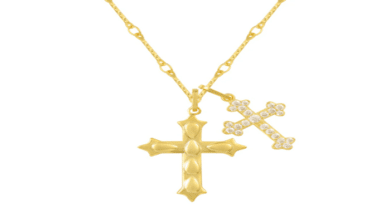The Sweet Story of Berry Husbands: From Humble Helpers to Culinary Heroes

The word “berry husband” might conjure up images of charming prince charming types sweeping their loved ones off their feet with baskets of strawberries. But the reality is far more complex and fascinating! Behind every delicious berry, there’s often a dedicated “husband” playing a crucial role. Let’s delve into the fascinating world of these unsung heroes of the berry patch.
Than Just a Pretty Face: The Essential Functions of Berry Husbands
Contrary to their romantic-sounding name, berry husbands aren’t husbands at all. They’re male flowers on berry plants, responsible for producing pollen that fertilizes the female flowers, leading to the development of juicy berries. Different types of berries have different pollination methods, from self-pollination in blueberries to wind-pollinated raspberries, but berry husbands play a vital role regardless.
Pollen: Multifaceted Support Systems
While pollination is their primary duty, berry husbands can contribute further to the success of their berry wives. Some varieties, like strawberries, have petals that offer protection to developing fruit, while others may attract beneficial insects that help ward off pests.
Delicate Balance: Gender Roles in Bloom
In some berry species, like holly, separate male and female plants exist, creating a distinct gender divide. But other types, like blueberries, exhibit hermaphroditism, where each flower contains both male and female organs. This allows for self-pollination and independent fruit production, but can also limit genetic diversity.
Breeding for Better Berries: The Human Factor
Modern agriculture has intervened in the world of berry husbands, often choosing specific male plants with desirable traits to pollinate female plants and boost berry quality, yield, and disease resistance. This selective breeding helps create the delicious and diverse berries we enjoy today.
Cultivating a Sustainable Future: Protecting Pollinators
With the decline of pollinator populations, the critical role of berry husbands is ever more crucial. Bee-friendly farming practices and habitat conservation efforts are vital to ensure the continued success of these silent partners in the world of berries.
Garden: A Sweet Celebration of Symbiosis
The story of berry husbands is a beautiful reminder of the interconnectedness of nature and the delicate balance that sustains our food systems. By appreciating the hidden heroes in our gardens and fields, we can celebrate the complex dance between plants, pollinators, and the delicious berries we all enjoy.
Conclusion
From their vital role in pollination to their subtle contributions to fruit quality and pest control, berry husbands may not have the flashiest title, but their impact is undeniable. As we appreciate the delicious diversity of berries on our plates, let’s not forget the silent partners working tirelessly behind the scenes. By understanding their role and protecting their natural world, we can ensure the continued sweet success of these humble heroes for generations to come.
FAQ
Q: Can I identify the “husband” on a berry plant?
A: In some cases, such as strawberries, staminate (male) flowers have fewer and smaller petals than pistillate (female) flowers. However, it’s often difficult to distinguish them without specialized knowledge.
Q: Are there any fruits besides berries that have “husbands”?
A: Yes! The term “husband” can be applied to male flowers in other plants like kiwis, papayas, and even some nut trees.
Q: What can I do to support berry husbands in my own garden?
A: Plant a variety of flowering plants to attract pollinators, avoid using pesticides harmful to bees and other insects, and consider planting different berry varieties that require cross-pollination.
Q: Are there any resources to learn more about berry husbands?
A: Several universities and agricultural organizations offer educational resources on plant anatomy and pollination. Additionally, gardening books and websites often discuss the role of pollinators in berry production.




